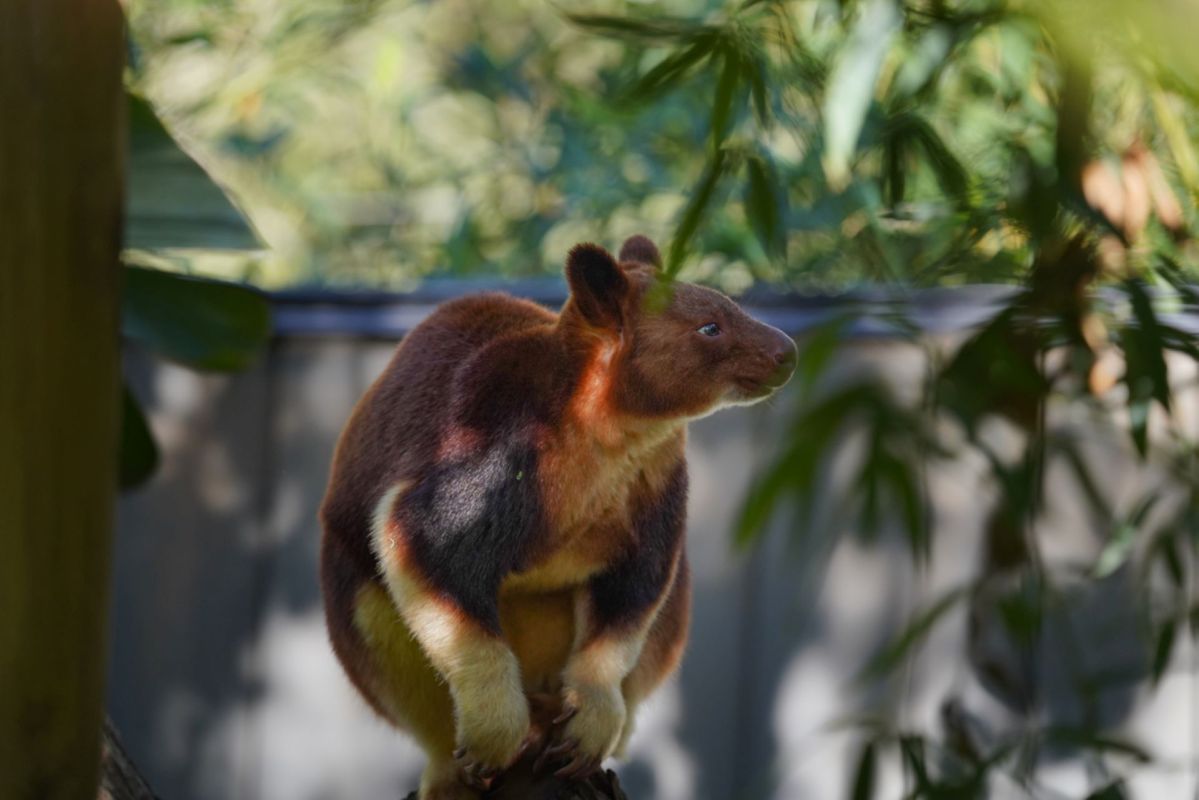A British tourist made waves in the world of science after encountering three animal species thought to be extinct during his travels.
The tourist, Michael Smith, shared with The Daily Star that a local in Papua New Guinea had told him about a colorful bird known as the Louisiade pitta. The Louisiade pitta looks similar to a robin, according to the Star, and is native to a tropical lowland forest environment likely on a single island, per BirdLife International. Its numbers are likely in decline due to habitat loss.
Smith embarked on an adventure through a secluded island's jungle to find the bird back in July 2022. After successfully photographing the bird, Smith left it to scientists to identify the species officially, according to The Jerusalem Post.
"It is great to have the bird's presence confirmed," Dr. Ian Burfield, global science coordinator at BirdLife International, told The Daily Star.
While in Papua New Guinea on the same trip, Smith also discovered a possum species that was thought to be extinct, known as the Telefomin cuscus. However, the discovery was more unconventional compared to the Louisiade pitta. While hiking a mountain and seeking the species, Smith encountered a tribe cooking the possum and confirmed it to be the once-thought-extinct species by its skull, according to the Post.
"At least I could see various [cuscuses] before they'd ended up on dinner plates and was able to examine the bodies," Smith told The Daily Star. "Once they had been eaten, I was able to photograph their skulls and take measurements."
Despite the discovery of the Telefomin cuscus' survival, it remains a critically endangered species. Animal scientists had believed it went extinct in 1997 after El Niño forest droughts brought intense wildfires, destroying its initial habitat.
The third discovery that Smith has made during his travels in Papua New Guinea was the Wondiwoi tree kangaroo. Smith reportedly encountered the Wondiwoi during a previous trip in August 2018; the animal had not been seen since 1928, the Star reports. The kangaroo remains very much in danger, with as few as 50 remaining, according to the World Wildlife Fund.
Sadly, in contrast to the good news about Smith's sightings, 21 other species were declared extinct by the U.S. Fish and Wildlife Service in 2023. Scientists cited increasing temperatures and consequential changes to local habitats as key factors in making survival harder for many species, particularly aquatic life, which is sensitive to temperature changes outside of specific ranges.
Although Smith's day job is unrelated to animal science, he is happy to bring awareness to the beauty of Papua New Guinea. Even though it is a small island nation that occupies only 1% of the Earth's land mass, it hosts almost 7% of the world's biodiversity, according to a United Nations source.
"I thought this might help get a bit more interest in the area, which could do with more support," Smith told The Daily Star.
Join our free newsletter for cool news and cool tips that make it easy to help yourself while helping the planet.









